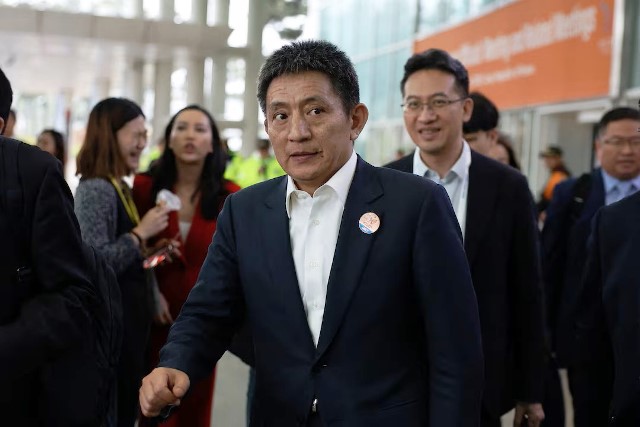A senior Chinese trade negotiator is scheduled to travel to Washington this week for meetings with U.S. officials, as the two economic superpowers work to navigate beyond their current tariff ceasefire. Li Chenggang, China’s international trade representative and a key figure in negotiations alongside Vice Premier He Lifeng, is expected to meet with deputy-level U.S. government officials. A U.S. government spokesperson clarified that the visit does not constitute a formal negotiating session, and a source familiar with the talks confirmed there are no plans for Li to meet with U.S. Trade Representative Jamieson Greer.
The meetings come at a critical juncture, following both countries’ agreement on August 11 to extend their tariff truce for another 90 days. This extension maintains levies of 30% on Chinese imports and 10% on U.S. goods entering China. Traders and businesses on both sides of the Pacific are closely watching whether this temporary reprieve will become permanent or if former President Donald Trump might reinstitute prohibitively high tariffs exceeding 35%, which economists warn would severely disrupt global supply chains.
The timing of the visit is particularly delicate given recent diplomatic tensions. China’s Ambassador to the U.S., Xie Feng, delivered sharply critical remarks about U.S. trade policy last Friday, accusing the Trump administration of “political manipulation” over plans to restrict farmland purchases by foreign adversaries, including China. Agriculture has emerged as a major point of contention, with Chinese buyers largely avoiding U.S. agricultural products like soybeans due to high tariffs, leaving American farmers in a difficult position.
Analysts suggest that China may be seeking a more favorable agreement this time around, potentially requesting lower tariffs and access to advanced U.S. technologies. However, it remains uncertain what concessions the U.S. might demand in return. The outcome of these discussions could significantly impact global trade flows, with U.S. retailers already stocking up for the holiday season and Chinese producers seeking alternative markets to maintain operations amid ongoing trade restrictions.














